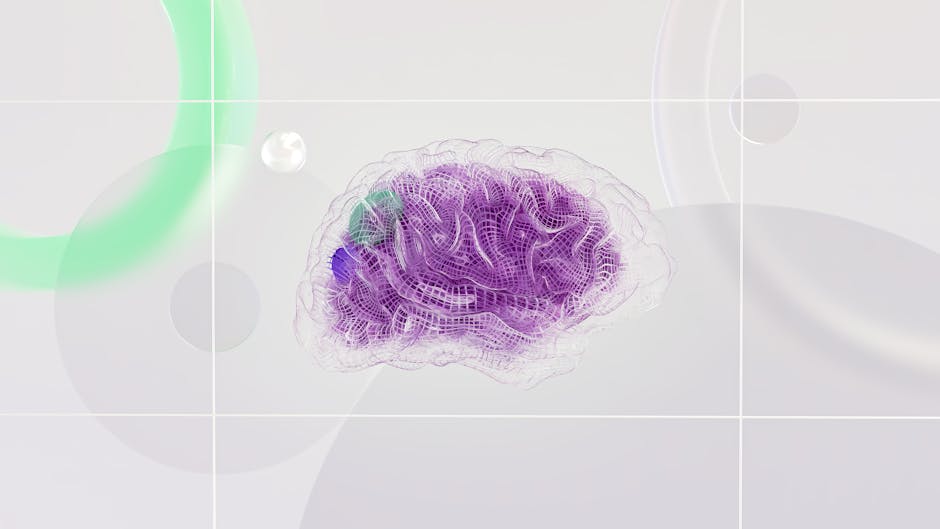Can neuroscience help you find inner peace? Absolutely. By exploring how the brain functions, we can uncover powerful techniques to calm the mind, regulate emotions, and deepen spiritual awareness. This article bridges the gap between science and spirituality—offering practical, brain-based tools for cultivating peace and presence.
Table of Contents
ToggleThe Link Between Neuroscience and Spiritual Awareness
Modern neuroscience is shedding light on what ancient wisdom has long known: practices like meditation, prayer, and mindfulness activate specific brain regions associated with peace, empathy, and connection. These findings reveal that spiritual experiences are not just abstract—they’re deeply rooted in the brain’s biology.
By understanding the neural mechanisms behind these practices, we can intentionally cultivate inner peace and expand our spiritual awareness.
Neuroscience-Based Techniques for Inner Peace
Here are some techniques that neuroscience suggests for inner peace:
🧘 1. Mindfulness Meditation
Focusing on the present moment without judgment reduces stress and enhances emotional regulation. Studies show it increases gray matter in areas linked to memory and empathy.
🌬️ 2. Deep Breathing
Slow, diaphragmatic breathing activates the parasympathetic nervous system, calming the body and mind.
🙏 3. Gratitude Practice
Regularly expressing gratitude rewires the brain for positivity, increasing resilience and contentment.
🌄 4. Visualization
Guided imagery helps reduce anxiety and promotes relaxation by engaging the brain’s sensory and emotional centers.
Incorporating these techniques into your daily routine can foster both inner peace and spiritual connection.
How Neuroscience Enhances Spiritual Growth
Neuroscience offers insights into how spiritual practices affect the brain:
- 🧠 Meditation increases gray matter and strengthens neural pathways
- 🧘 Mindfulness reduces activity in the amygdala (the brain’s fear center)
- 💖 Gratitude boosts dopamine and serotonin, enhancing well-being
These changes support a more grounded, compassionate, and spiritually attuned way of living.
Neuroplasticity: Rewiring the Brain for Peace
Neuroplasticity is the brain’s ability to form new connections throughout life. This means we can reshape our thoughts, habits, and emotional responses through intentional practice.
By combining:
- Mindfulness
- Meditation
- Positive affirmations
…we can rewire the brain to support spiritual growth, emotional resilience, and lasting inner peace.
Integrating Neuroscience into Daily Spiritual Practice
To bring neuroscience into your spiritual life:
- Begin with mindful breathing or meditation
- Reflect on moments of gratitude each day
- Visualize peaceful outcomes or sacred imagery
- Learn how your brain responds to spiritual rituals
This integration deepens your connection to self, others, and something greater—whether you call it spirit, source, or consciousness.
Final Thoughts: Inner Peace Is a Practice, Not a Destination
Neuroscience shows us that inner peace is learnable. With consistent practice, you can rewire your brain for calm, clarity, and connection. By blending science with spirituality, you create a path that honors both the mind and the soul.
Let your brain be your ally on the journey to peace.


